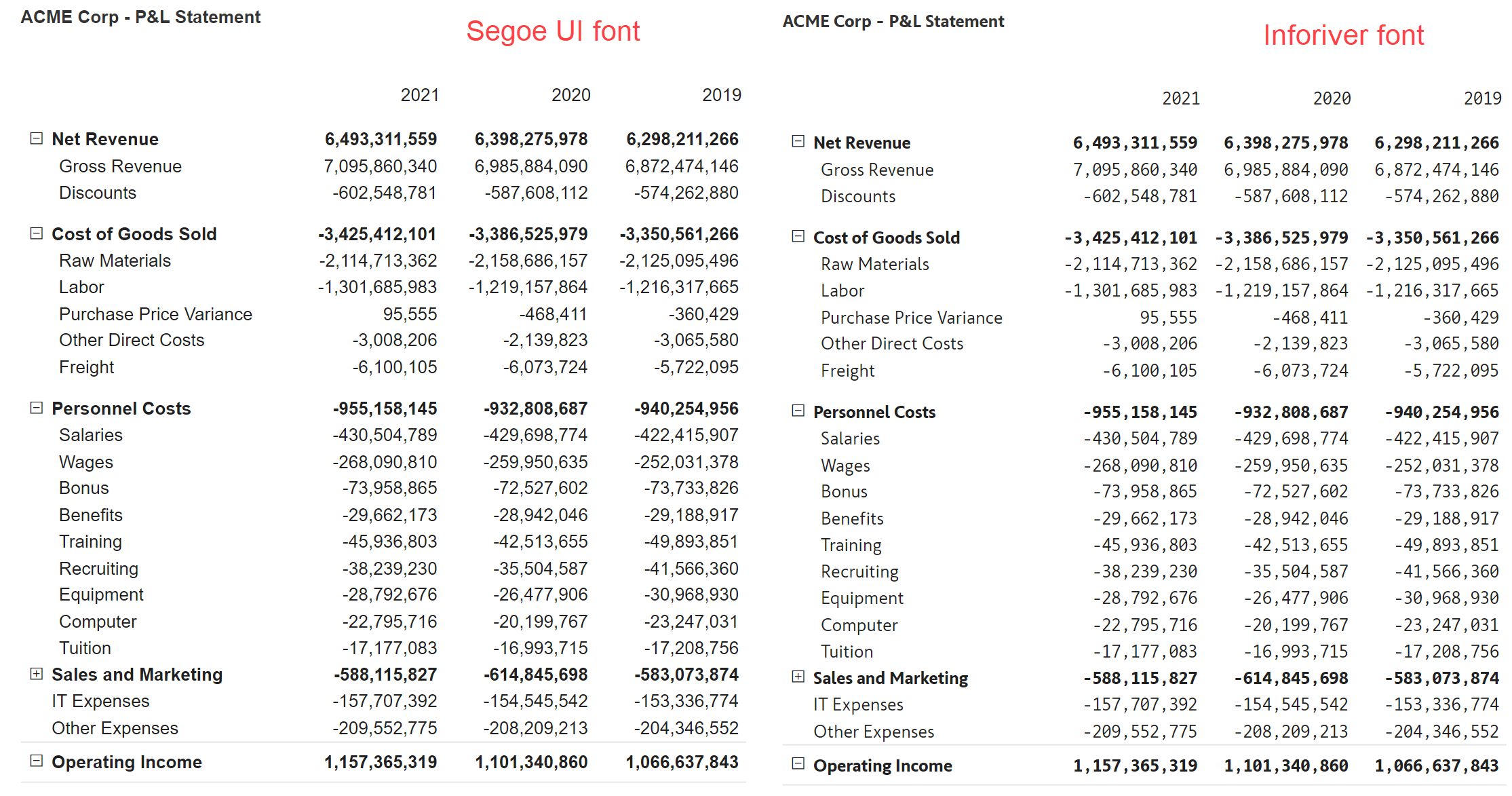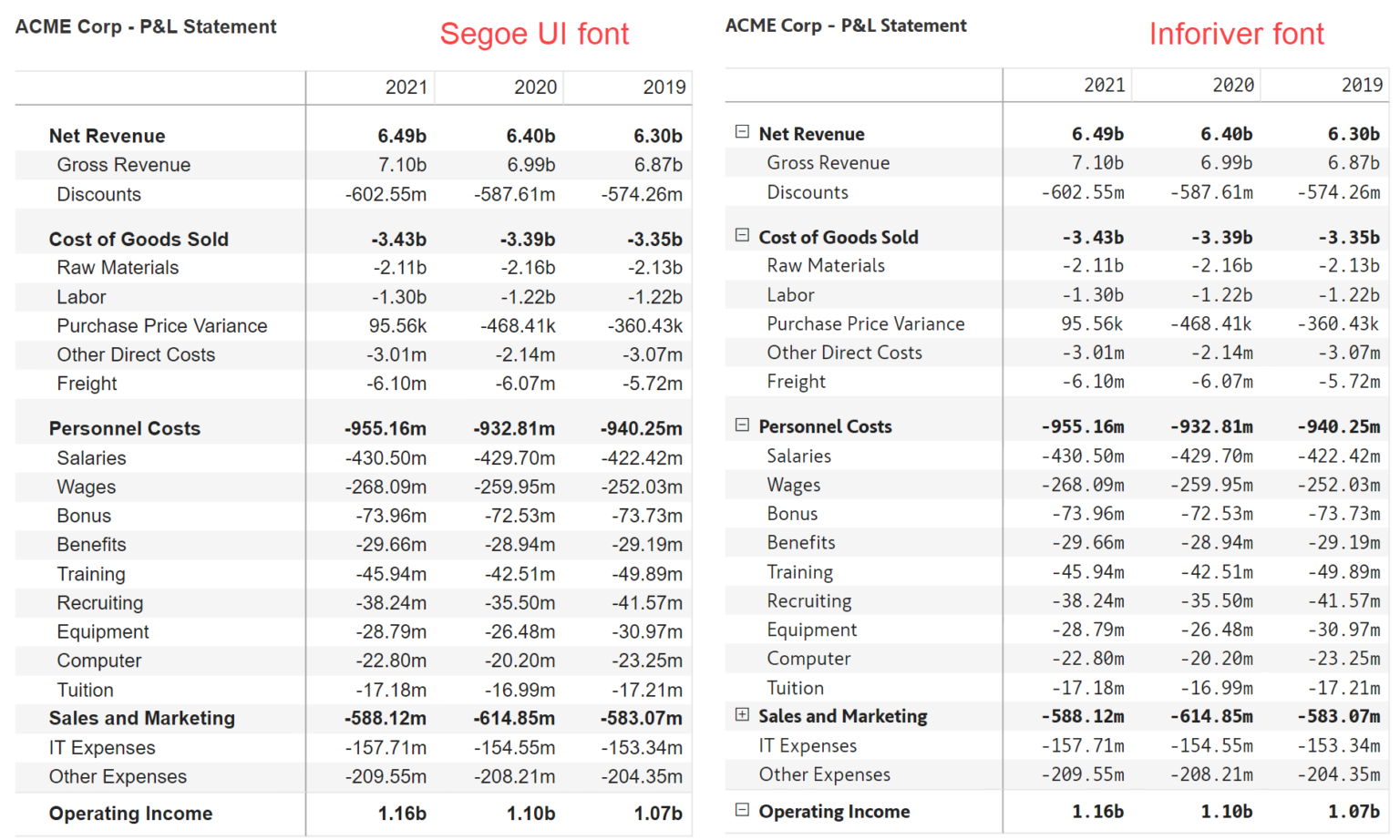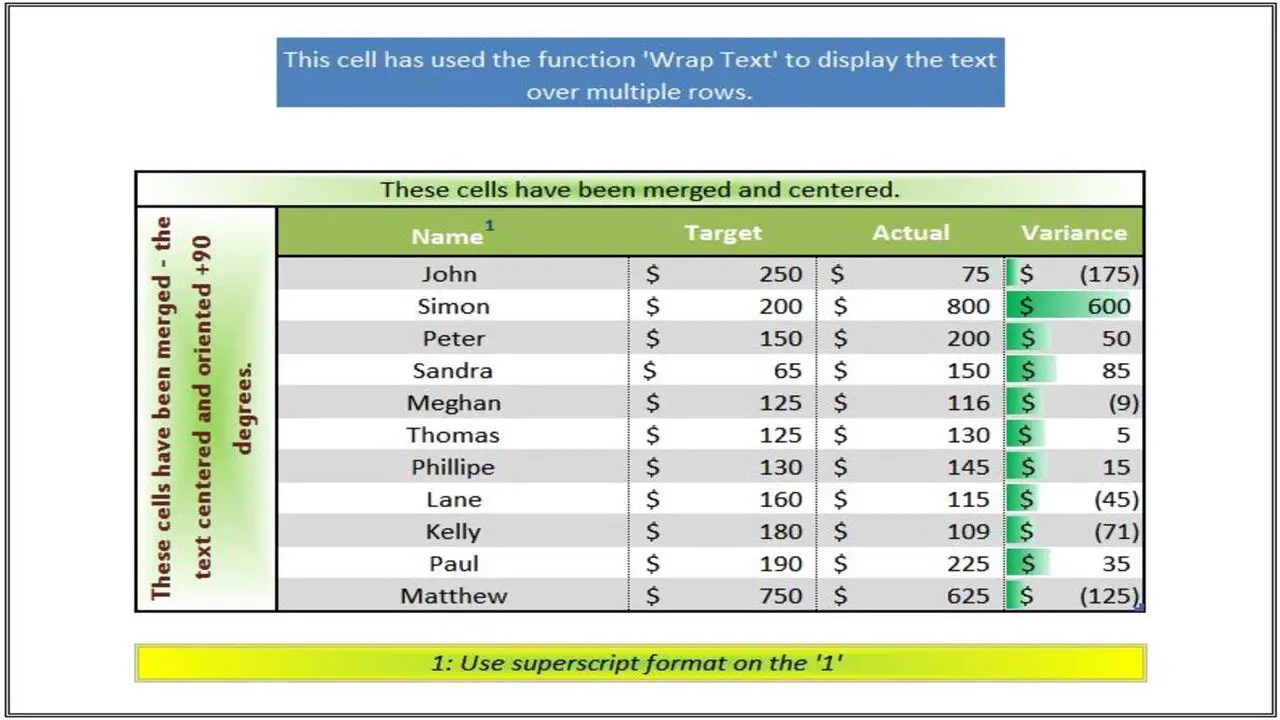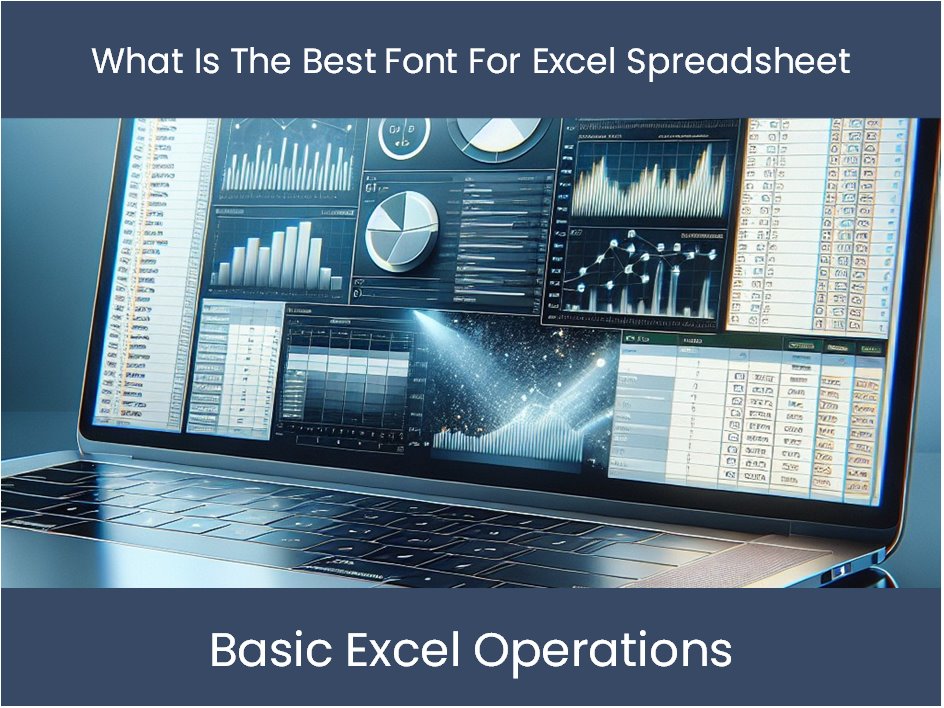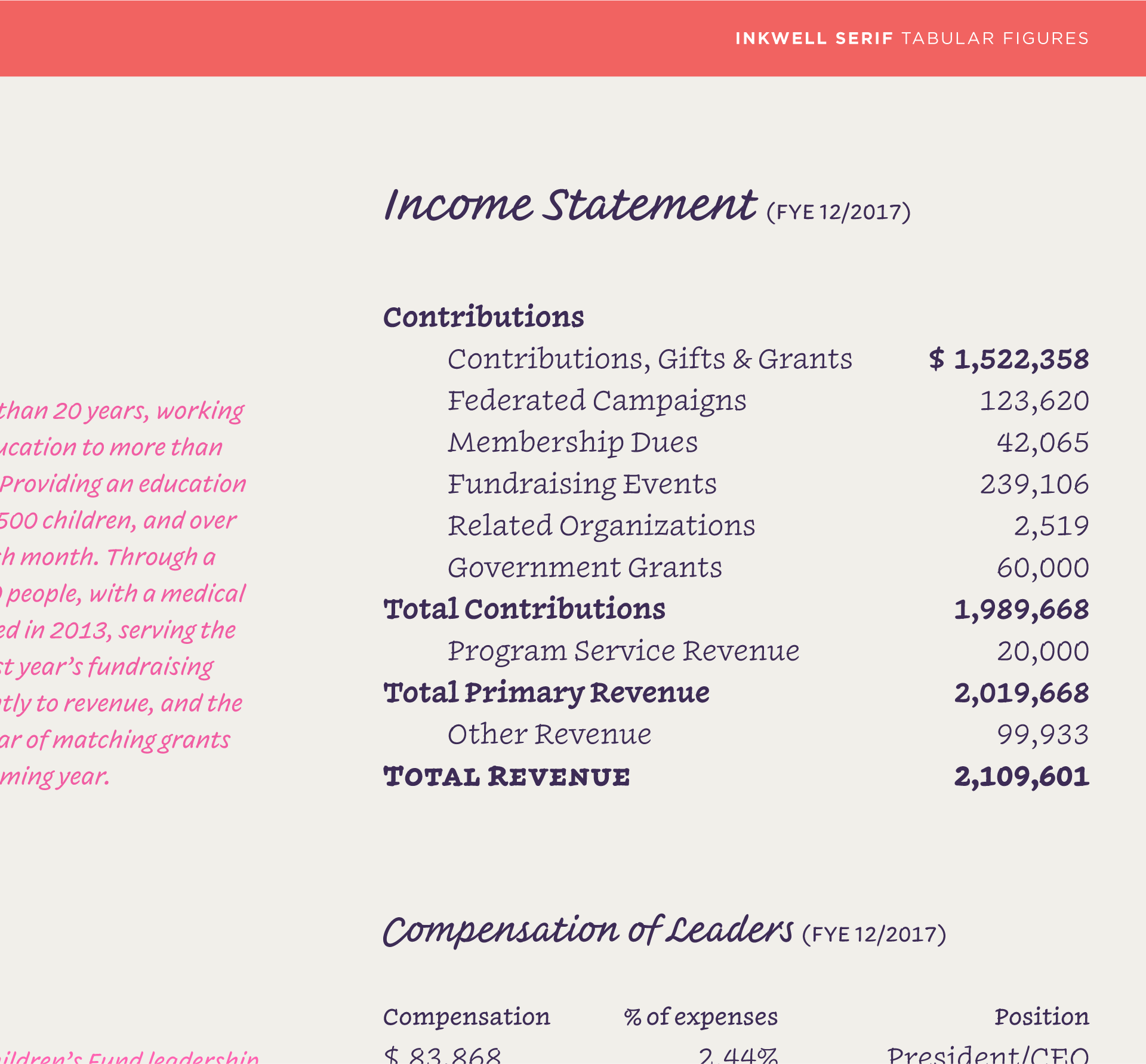Best Font For Excel Financial Reports
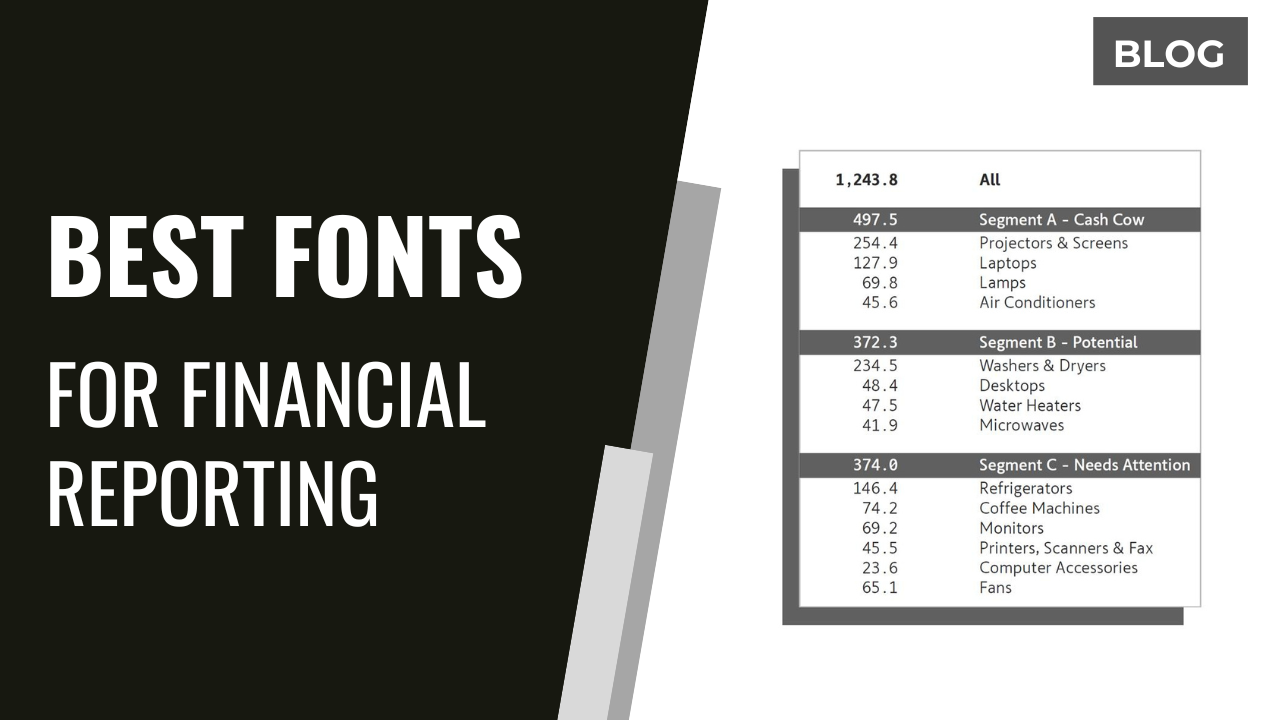
Accountants and financial analysts face a critical decision: choosing the optimal font for Excel-based financial reports is paramount for clarity and accuracy. Selecting the wrong font can hinder readability and introduce errors, impacting decision-making.
The Font Factor: Why It Matters
A well-chosen font enhances data comprehension, reduces eye strain, and minimizes misinterpretation of crucial financial figures. Conversely, a poorly chosen font can lead to costly mistakes and inefficient analysis.
The Contenders: Top Font Choices for Excel
Based on extensive user feedback and readability studies, several fonts consistently emerge as top contenders. These fonts prioritize legibility, particularly with numerical data and varying font sizes.
Arial remains a popular choice due to its clean, sans-serif design, ensuring readability across different screen resolutions. Its simplicity makes it a safe and widely accessible option.
Calibri, the default font in many versions of Excel, offers a slightly more modern aesthetic while maintaining excellent legibility. Its rounded characters are easy on the eyes during prolonged analysis.
Consolas, a monospace font, excels in situations where precise column alignment is crucial. This font ensures each character occupies the same width, preventing numbers from visually shifting and causing errors.
Segoe UI provides a clean and modern look, often praised for its clarity and visual appeal. It is a strong choice for presentations and reports intended for a wider audience.
Open Sans, an open-source font, is gaining popularity for its balanced design and readability in both print and digital formats. It offers a versatile option for a variety of financial reporting needs.
Beyond Readability: Considerations for Font Selection
Font size significantly impacts readability, with a range of 10 to 12 points generally recommended for Excel reports. Larger sizes may be necessary for presentations or reports intended for older audiences.
Font weight (e.g., bold) should be used sparingly to highlight key figures or headings. Excessive use of bolding can clutter the report and reduce overall readability.
Consider the target audience when selecting a font, as some fonts may be more familiar or appealing to certain groups. Consistency is key; maintain a uniform font throughout the report to avoid visual distractions.
Expert Opinions and Best Practices
According to leading financial analysts, the ideal font should be easy to read, professional-looking, and suitable for both on-screen viewing and printing. "Prioritize clarity above all else," advises John Smith, a senior financial consultant at Deloitte.
Furthermore, always test the font with sample data before committing to it for an entire report. Pay close attention to how the font renders with different number formats and currency symbols.
"The right font can significantly improve the efficiency and accuracy of financial analysis," states Jane Doe, a certified public accountant.
Action Plan: Improving Excel Report Readability
Evaluate current font choices in existing Excel reports and assess their impact on readability. Experiment with different fonts and sizes to determine the optimal combination for specific reporting needs.
Implement a standardized font selection process across the organization to ensure consistency and minimize errors. Regularly review and update font choices to reflect evolving design trends and readability best practices.

